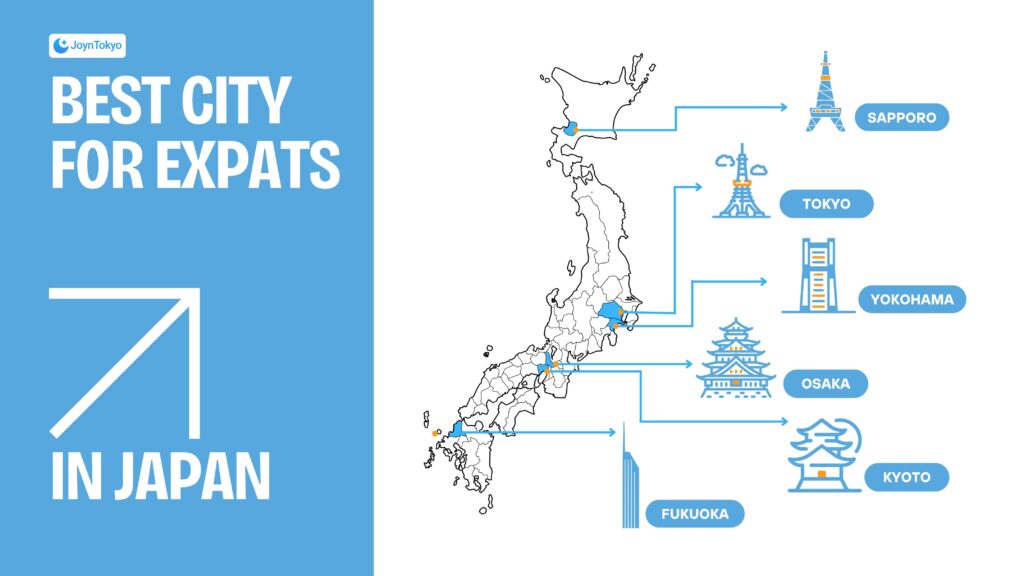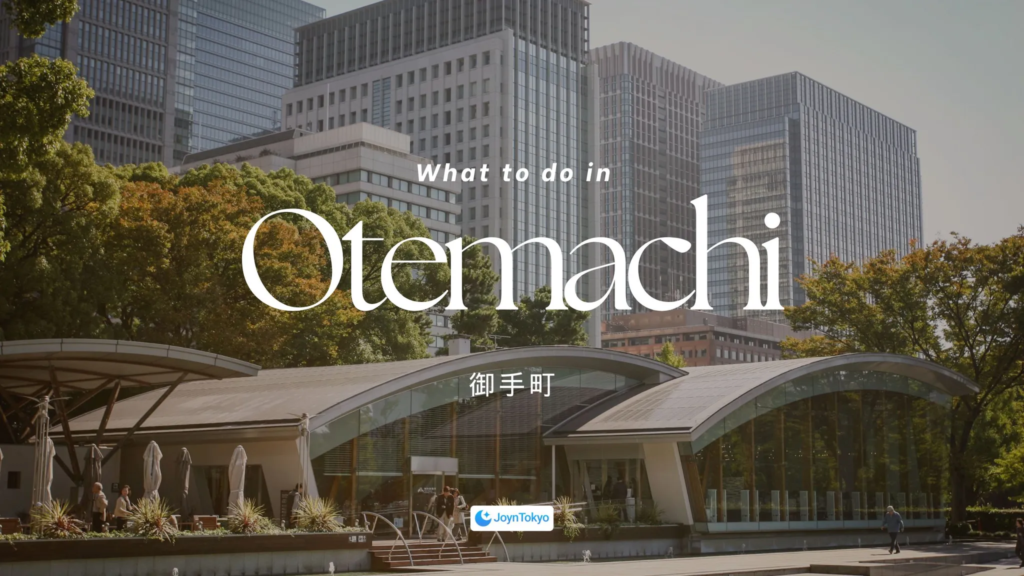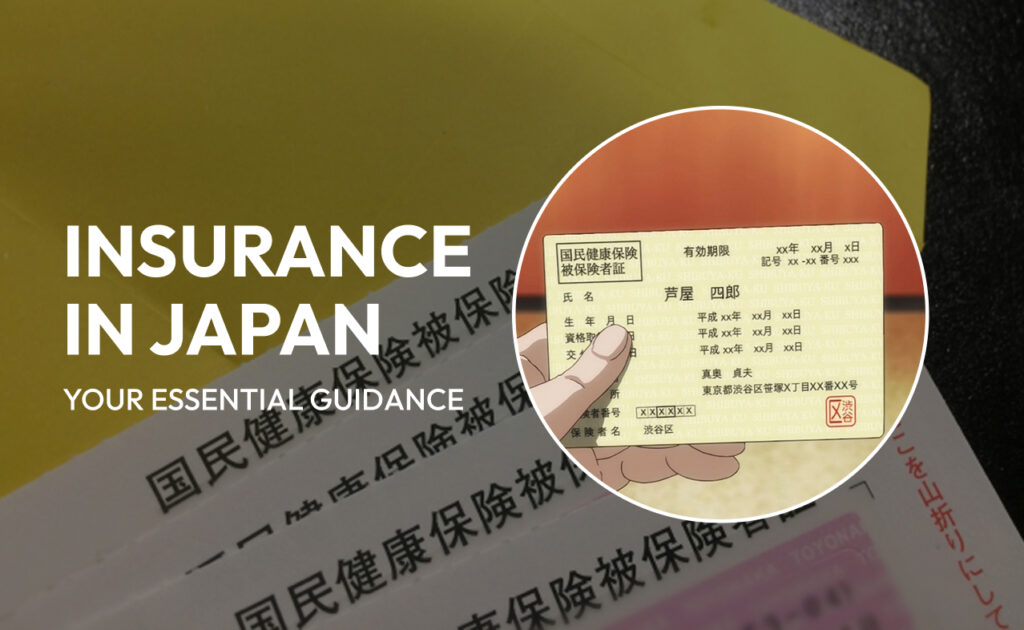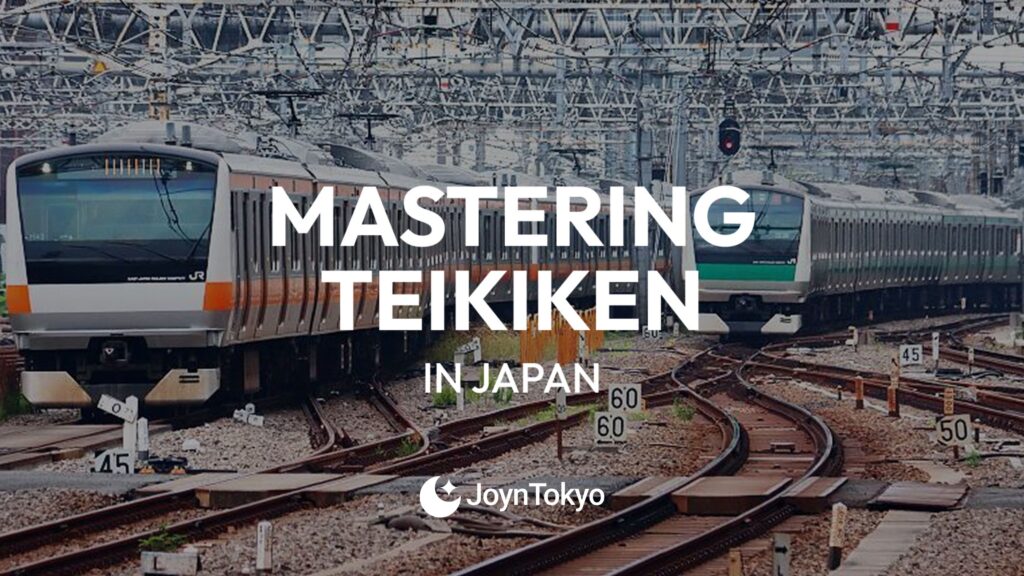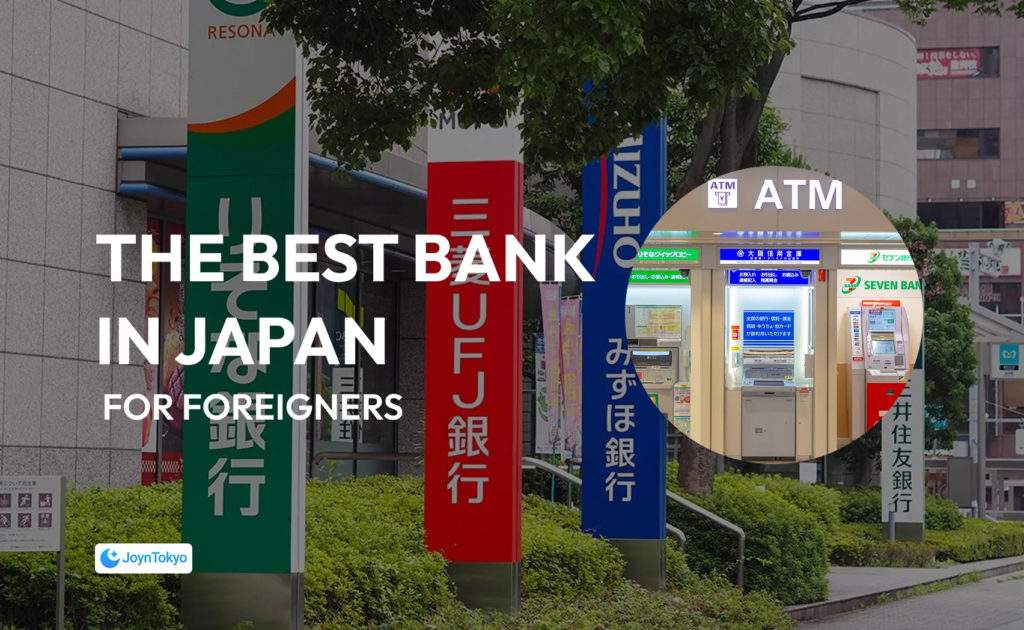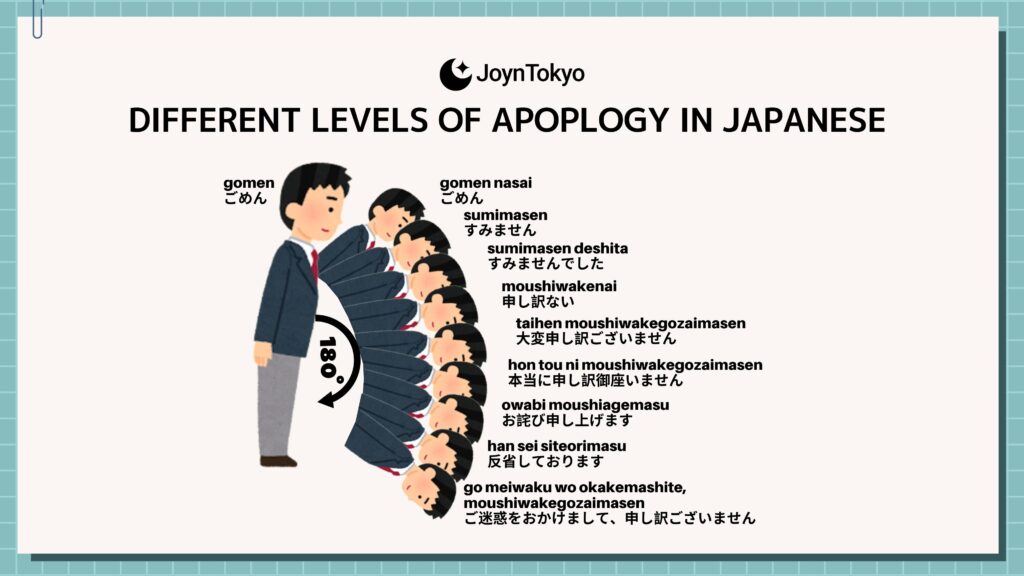Japan is one of the most dynamic countries in the world, blending centuries-old traditions with cutting-edge modernity. From the neon lights of Tokyo and the historic streets of Kyoto to coastal towns and mountain villages, it offers a lifestyle as diverse as its geography. People from across the globe are drawn here for opportunity, culture, and adventure, and every year countless newcomers make the decision to begin a new chapter in Japan.
In this guide, we’ll walk through everything you need to know about moving to and living in Japan. We’ll cover visas, finances, housing, healthcare, culture, and more — giving you a comprehensive roadmap to starting your life here with confidence.
Moving to Japan: Visa Requirements, Costs, and Preparation Tips
Moving to Japan involves more than just packing your bags. You’ll need to plan ahead for housing, health insurance, banking, and making sure you have all the necessary documents ready. It’s also a good idea to research neighborhoods, estimate your cost of living, and begin learning some basic Japanese phrases to make the transition smoother. Careful preparation before leaving will save you stress once you arrive.
Japanese Visas and Immigration Guide for Foreigners
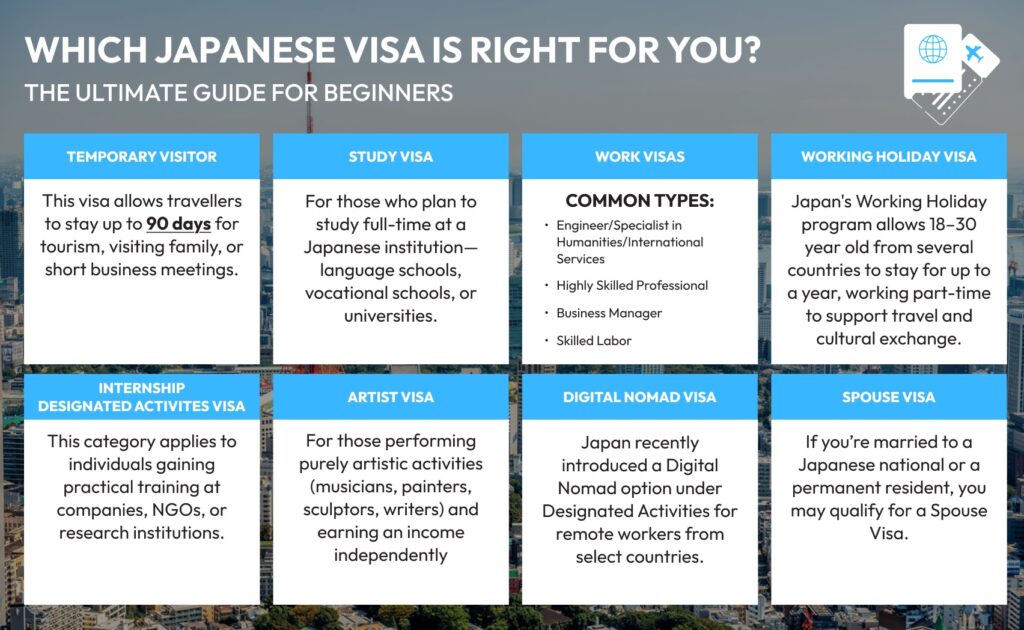
The first step before relocating is to secure the right visa. For many, this may be a working holiday visa or an Engineering, Specialist in Humanities, or International Services visa, though the best option depends on your situation. In most cases, you’ll need a job offer before departure so that your employer can sponsor you. After sponsorship, you’ll apply for a Certificate of Eligibility, bring it to the Japanese embassy or consulate to have your passport stamped, and then enter Japan within three months.
If you’re considering a more entrepreneurial route, you can look into the Start-up Visa or the Business Manager Visa, which are designed for those planning to establish a company in Japan. For freelancers and remote workers, Japan has also introduced a Digital Nomad Visa, making it easier to stay while working for overseas clients. More information can be found on our moving to Japan page.
Read More
Moving Costs in Japan: Deposits, Fees, and Start-Up Expenses
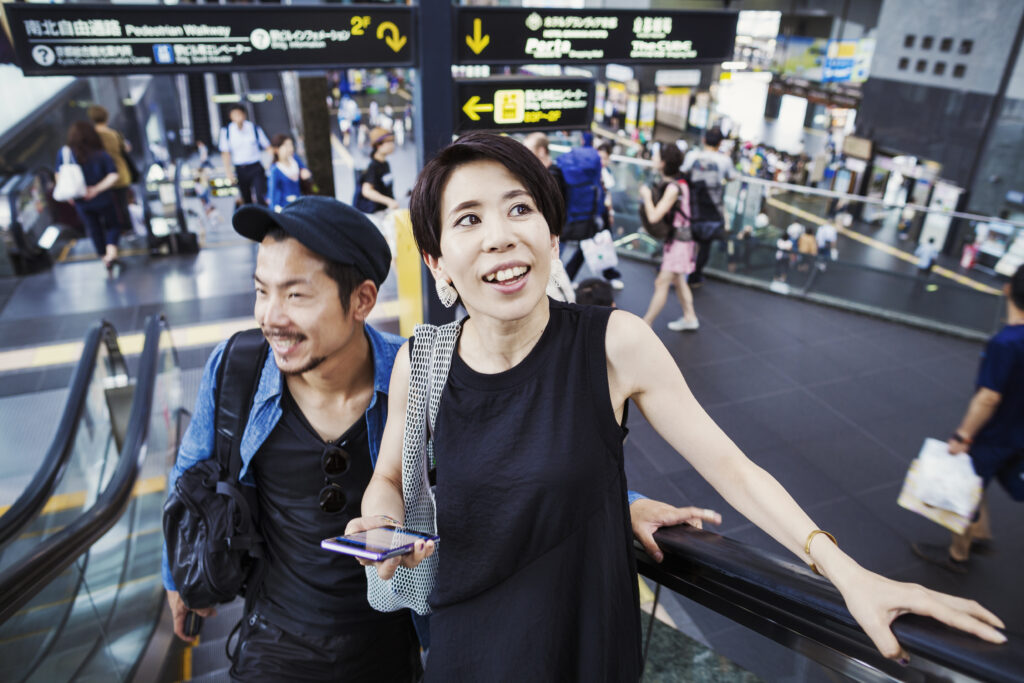
Moving to another city is never cheap, and moving to another country, doubly so. While rents in Tokyo may seem high (or surprisingly low, depending on whether you’re coming from a city like London or New York), there are a number of “hidden” costs that make the initial barrier to securing housing more challenging. These include deposits, key money, agency fees, and sometimes even guarantor services. On top of this, you’ll need to budget for airfare, as well as the costs of registering for pensions and health insurance once you arrive.
For a deeper look at these financial considerations and how to prepare for them, see this guide on cost of moving to Japan.
Read More
Cost of Living in Japan: Rent, Food, and Daily Expenses in 2025
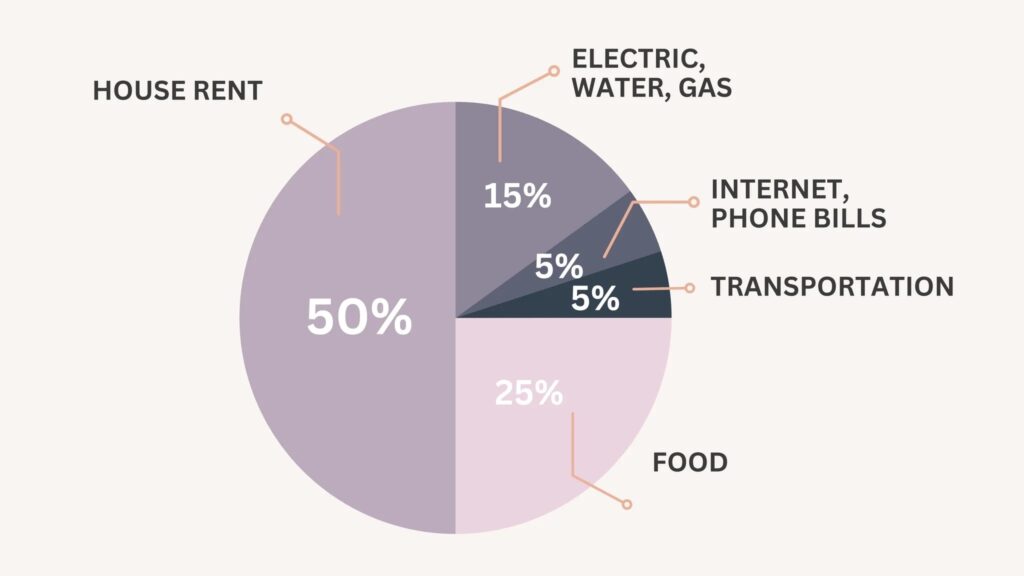
Understanding the cost of living is essential for anyone planning a move to Tokyo, or elsewhere in Japan. While day-to-day expenses can vary depending on lifestyle, some costs are relatively consistent across the country. Housing is often the largest expense, with rents in central Tokyo generally higher than in the suburbs. Food can range from affordable convenience store meals to high-end dining, while utilities and transportation add steady monthly costs to your budget.
Beyond these basics, newcomers should also factor in healthcare insurance contributions, pension payments, and occasional “hidden” expenses like moving fees or apartment deposits. To get a clearer picture of what to expect and how much to budget for each category, this detailed breakdown of the cost of living in Tokyo offers up-to-date insights and comparisons for 2025.
Read More
Residence Cards in Japan
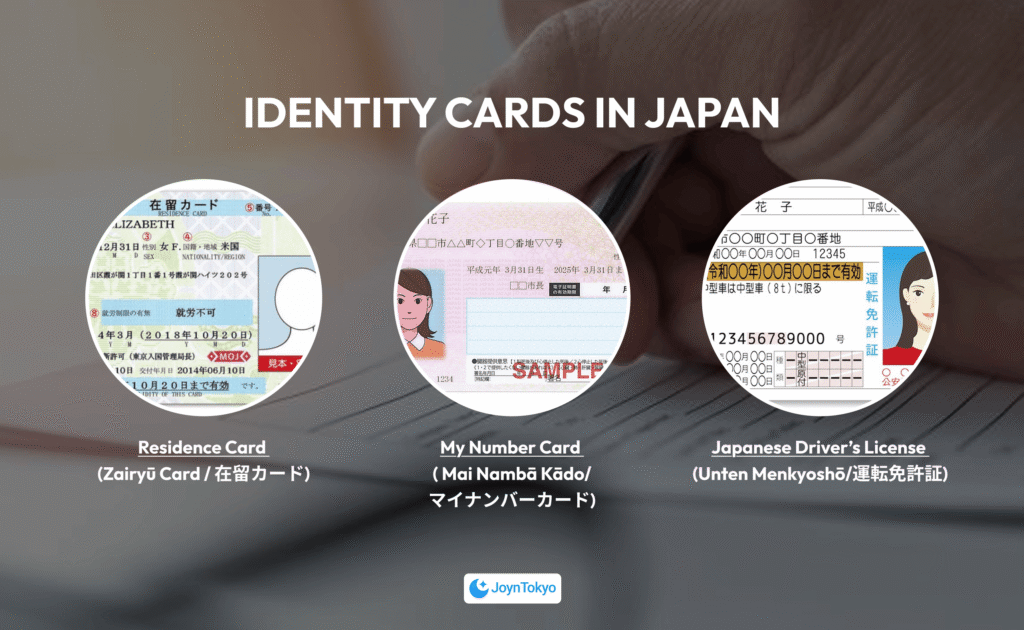
Every foreign resident in Japan is required to carry a residence card, which serves as your official form of identification. This card is issued when you first arrive and is necessary for many aspects of daily life, from opening a bank account to signing a lease or registering for health insurance. You’ll need to keep it with you at all times, as it may be requested for verification in both official and everyday situations.
The system has been updated in recent years, with changes to how cards are issued and renewed, as well as how they integrate with Japan’s broader administrative services. For a full breakdown of the requirements, benefits, and updates to the system, see this guide to Japan’s identity cards.
Read More
Best Places to Live in Japan: Cities and Regions for Foreigners
Deciding where to settle is one of the biggest choices you’ll make when moving abroad. Japan offers a wide variety of lifestyles depending on the region, from the fast-paced energy of Tokyo and Osaka to the historic charm of Kyoto, the international community of Fukuoka, or the relaxed coastal living found in smaller cities. Each location has its own balance of job opportunities, cost of living, cultural experiences, and access to nature.
If you’re weighing your options, this guide to the best cities to live in Japan provides an overview of what different regions have to offer, helping you match your personal priorities with the right place to call home.
Read More
Renting in Japan: Deposits, Key Money, and Rental Process
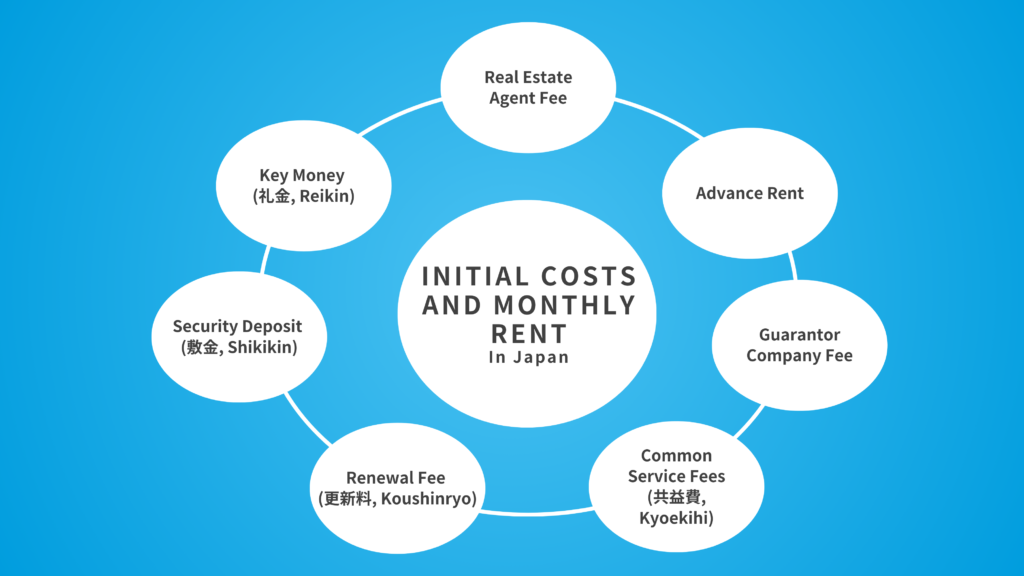
Finding a place to rent in Japan can feel complicated at first, especially with the country’s unique system of deposits and fees. Beyond the monthly rent, tenants are often required to pay shikikin (a refundable security deposit) and reikin (non-refundable “key money” paid to the landlord as a gesture of thanks). Additional costs such as agency fees, guarantor fees, and maintenance charges may also apply, and the exact requirements can vary depending on the city and property type.
For newcomers, working with foreigner-friendly real estate agents is often the easiest way to navigate this system. These agents are familiar with the challenges faced by international residents and can help translate contracts, explain legal terms, and guide you through negotiations. In most cases, the lease process involves securing a guarantor (either a person or a guarantor company), signing the rental contract, and arranging utilities before moving in.
Because the customs around renting in Japan differ significantly from many other countries, preparing in advance is essential. This comprehensive guide to renting a home in Japan walks you through each stage, from understanding deposits and fees to choosing the right agent and successfully finalizing your lease.
Best Neighborhoods in Tokyo for Foreigners
When comparing any of Tokyo’s various areas, such as Yurakucho, Ueno, Nakameguro, and Otemachi, it’s important to balance lifestyle preferences with practical concerns like budget and proximity to work. Some neighborhoods are known for their vibrant nightlife and shopping, while others are better suited to families or those seeking more space. For a closer look at popular districts and what they offer, see this guide on where to live in Tokyo.
Otemachi
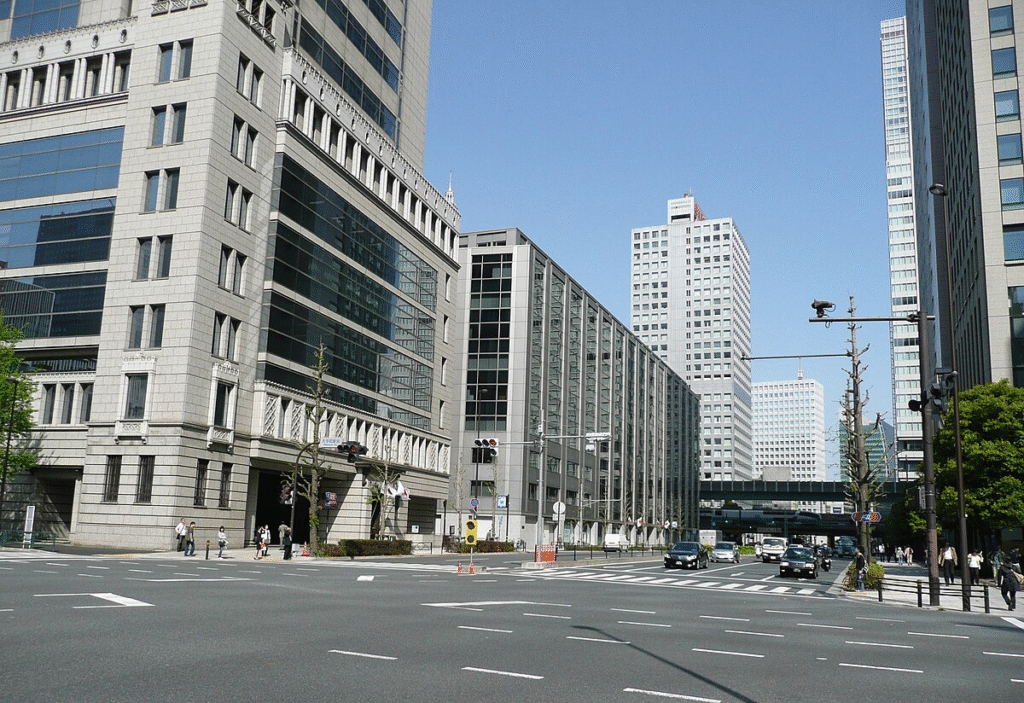
Otemachi is Tokyo’s premier business district, home to major corporate headquarters and high-rise office towers. It offers convenience for professionals working in central Tokyo, though housing options are more limited and often on the pricier side.
Read More
Iidabashi
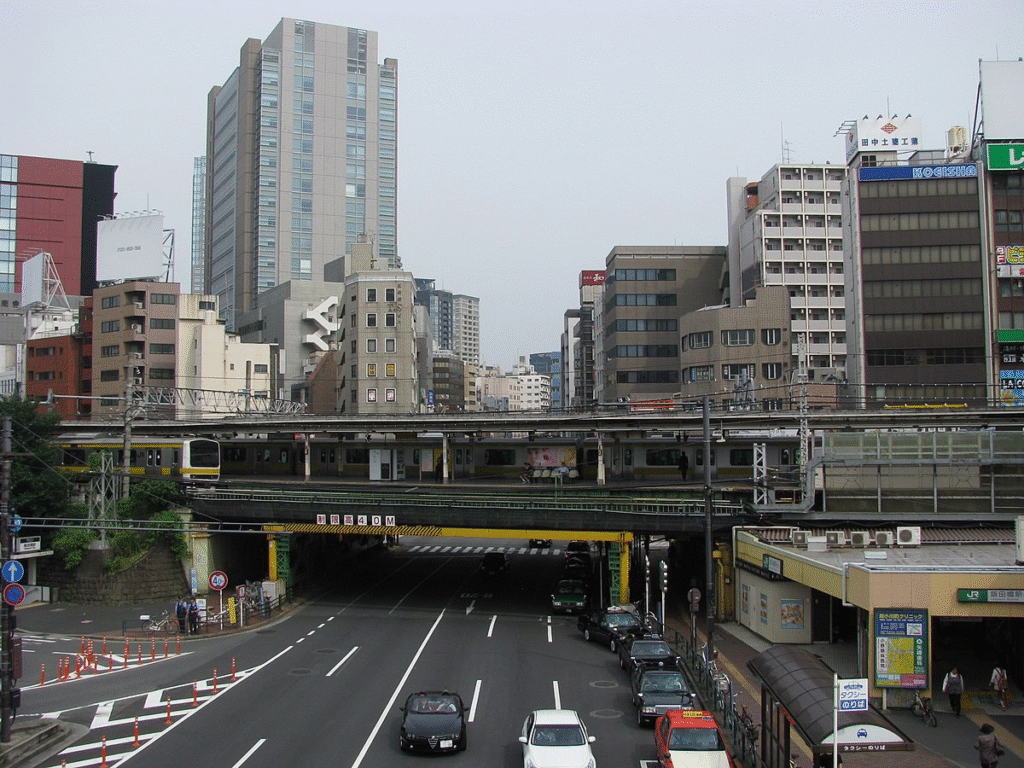
Known for its relaxed atmosphere and central location, Iidabashi is a hub for universities and educational institutions. The area blends modern conveniences with historic temples, making it attractive for students and professionals alike.
Read More
Yurakucho
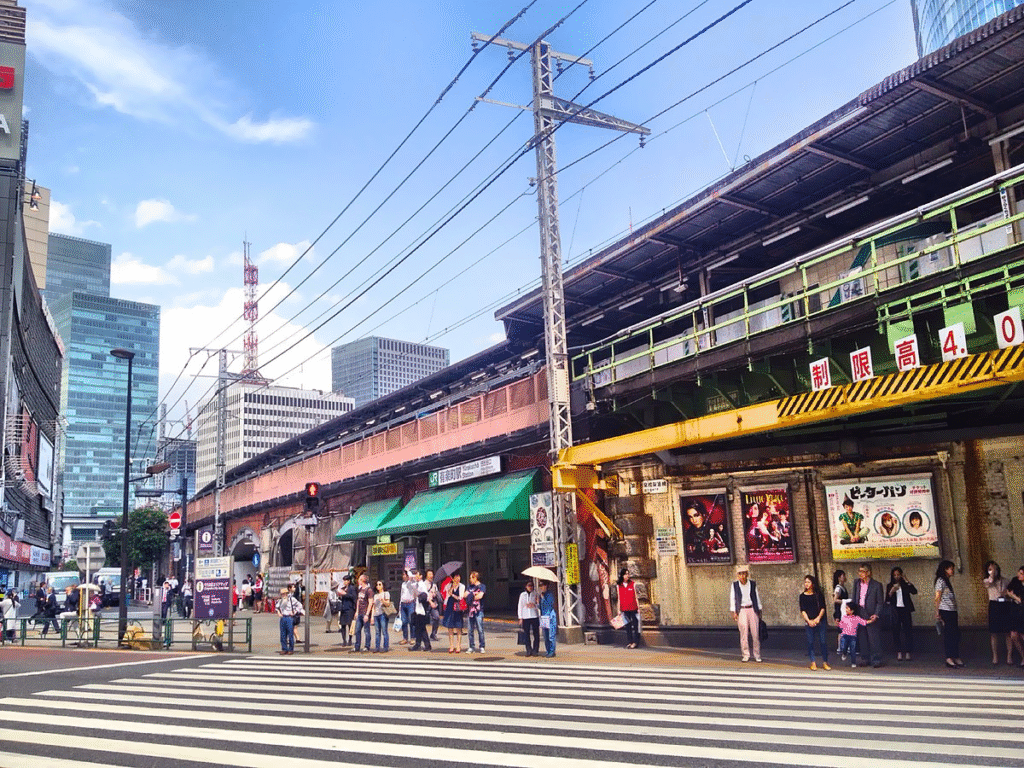
Yurakucho combines business and entertainment, with easy access to Tokyo Station and the Ginza shopping district. It’s popular with those who want a lively atmosphere and short commutes.
Read More
Oshiage
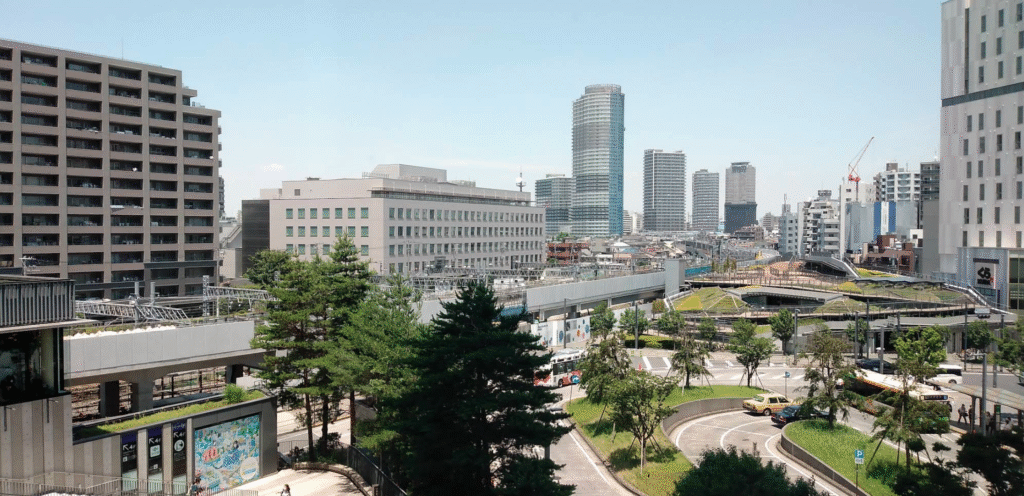
Best known as the home of Tokyo Skytree, Oshiage offers modern apartments with great views and plenty of shopping and dining options. It’s a good fit for families and professionals who want a mix of convenience and entertainment.
Read More
Ueno
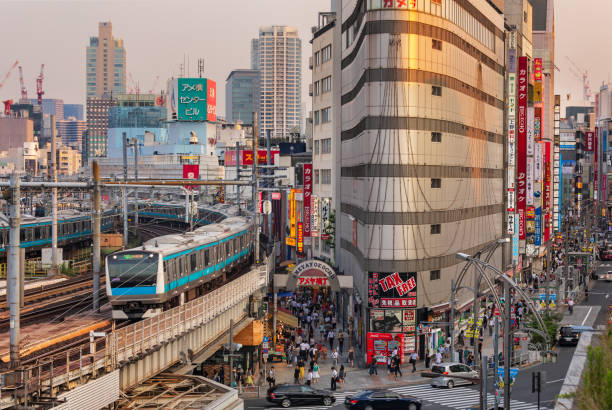
Ueno is famous for its large park, museums, and cultural landmarks. The area has a more traditional feel and offers affordable housing options, making it a popular choice for students and budget-conscious newcomers.
Read More
Hachioji
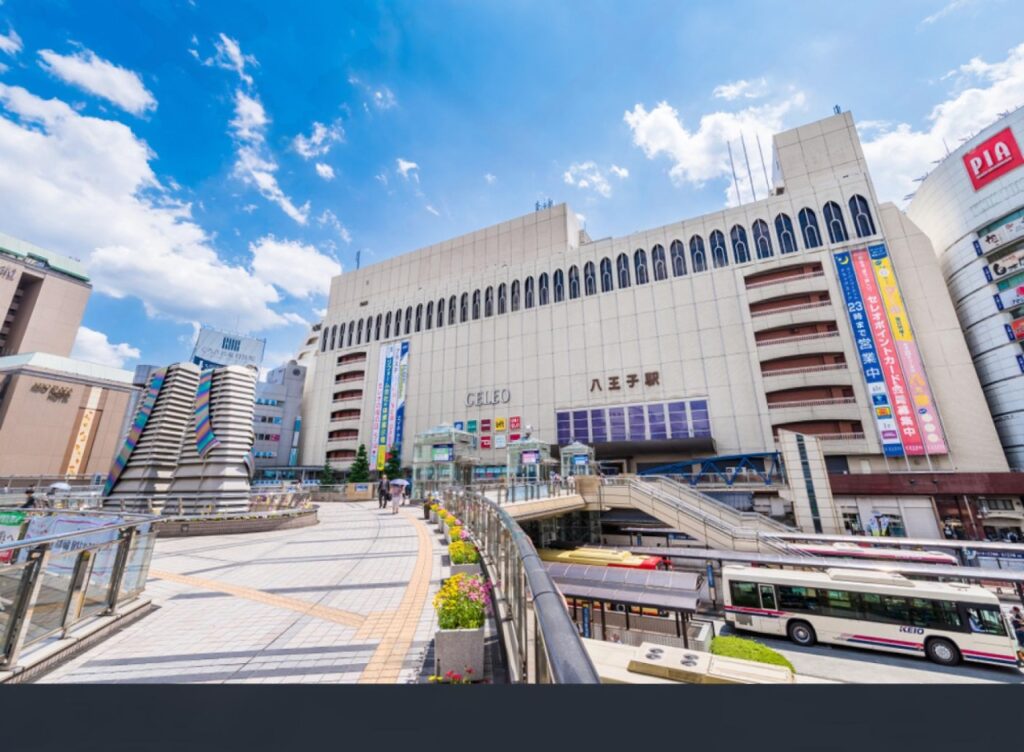
Located on the western edge of Tokyo, Hachioji provides a quieter, suburban lifestyle. With its universities, green spaces, and larger housing options, it’s ideal for those who don’t mind a longer commute in exchange for more space and lower costs.
Read More
Nakameguro
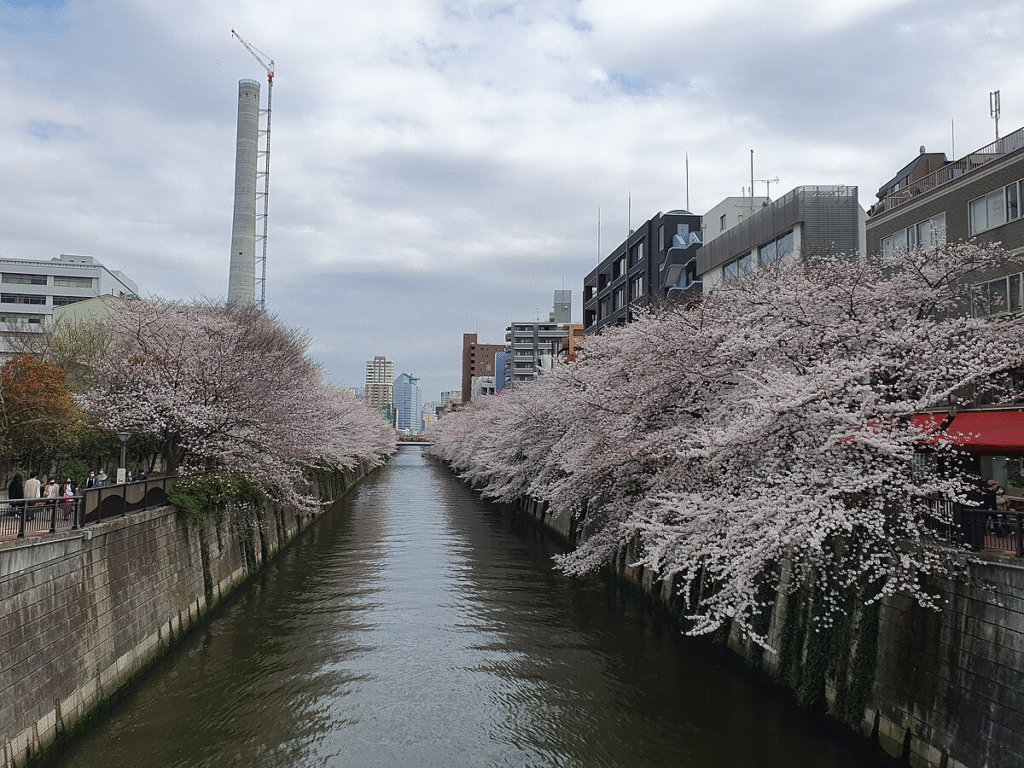
Trendy and stylish, Nakameguro is known for its fashionable cafes, boutiques, and the scenic Meguro River. It’s a favorite among young professionals and creatives who want a lively yet relaxed neighborhood vibe.
Read More
Shinagawa
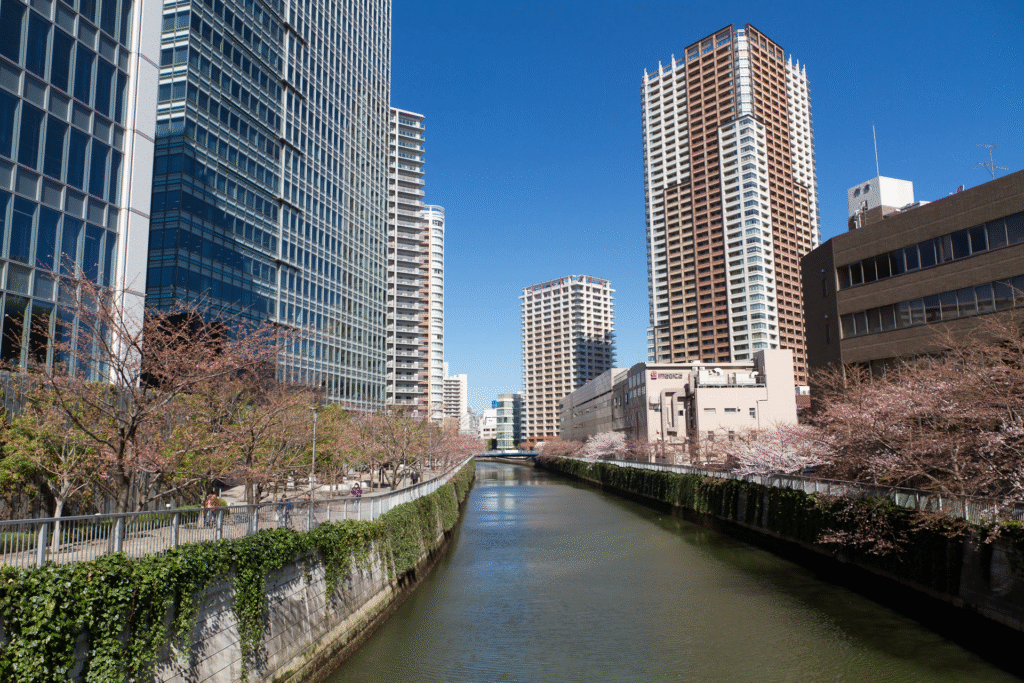
Shinagawa is a major transportation hub, making it convenient for commuters and those who travel frequently. The area combines modern high-rises with traditional shopping streets, offering a balance of convenience and culture.
Read More
Working in Japan: Jobs, Salaries, and Office Culture
Settling into life in Japan means not only adjusting to a new culture but also navigating the practicalities of earning a living and managing your wellbeing. Exploring opportunities and understanding the Japanese job market, including its workplace culture and customs, will give you a clearer path to building a stable and rewarding life here.
How to Find a Job in Japan as a Foreigner

Japan offers a wide range of opportunities for foreign workers, especially in industries like IT, education, finance, and hospitality. While some sectors value technical expertise, others focus more on language ability and cultural adaptability. Crafting a strong bilingual resume and preparing for interviews with an understanding of Japanese workplace etiquette will give you an advantage. Many newcomers start their search on bilingual job boards or by networking within expat and professional communities. For detailed strategies, including tips on applications and interviews, this guide on how to get a job in Japan provides a practical overview of the process.
Healthcare and Health Insurance in Japan for Foreign Residents
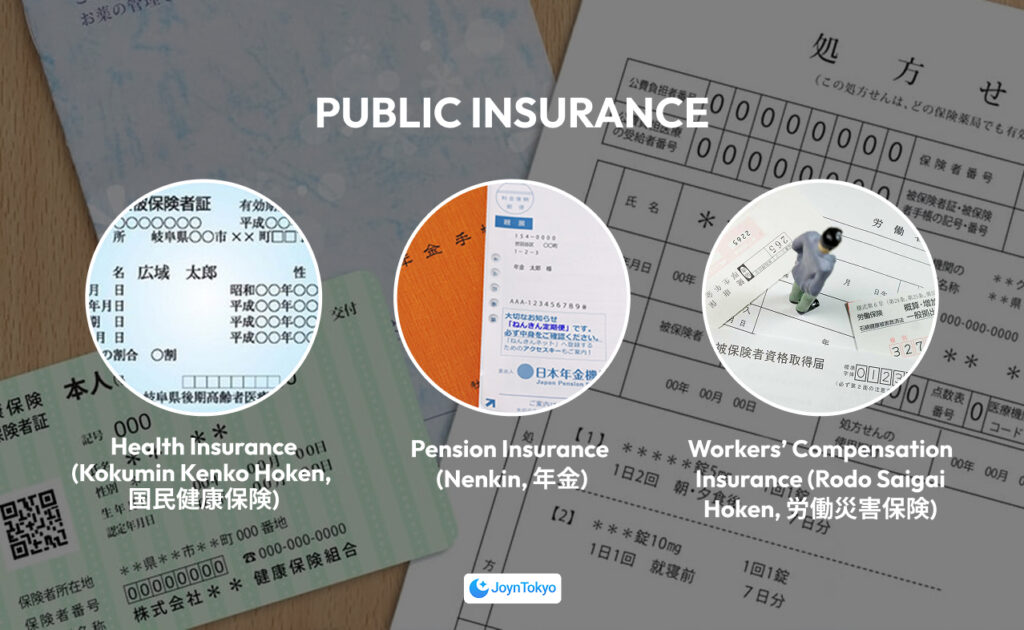
Healthcare in Japan is high-quality and easily accessible, but it’s important to understand the system before you arrive. All residents are required to enrol in either the National Health Insurance program or Shakai Hoken (employees’ health and pension insurance). Enrollment ensures that medical costs are heavily subsidized, reducing financial burdens in case of illness or injury. For those who prefer additional security, private insurance options are also available. Finding English-speaking clinics and pharmacies can make day-to-day healthcare needs less stressful, especially in the early months. A full breakdown of the system and enrollment process is available in this guide to navigating insurance in Japan.
Read More
Japanese Work Culture: Etiquette and Office Expectations
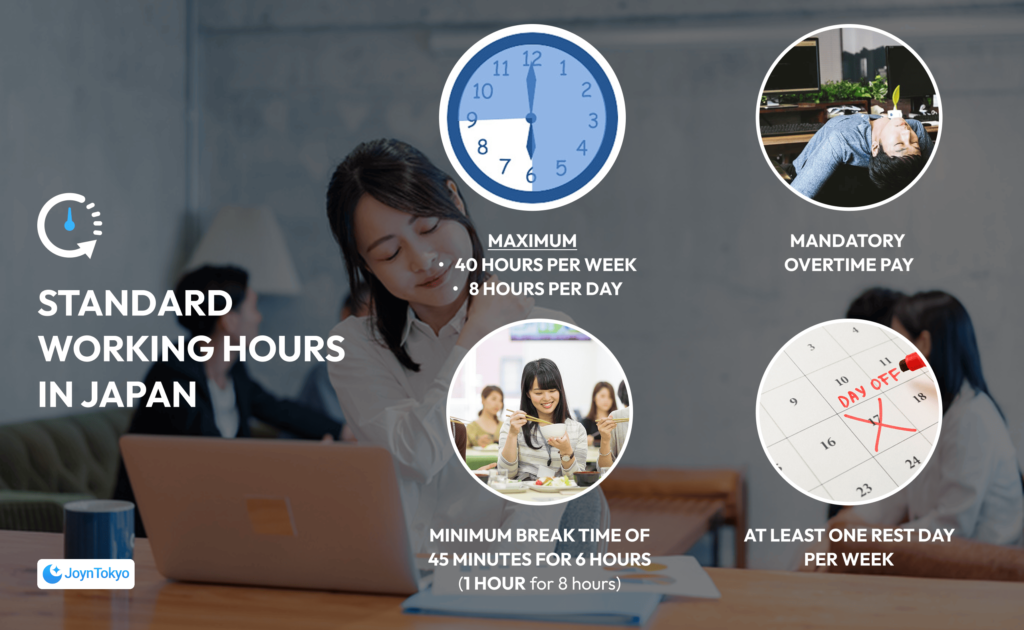
Adapting to workplace norms in Japan is just as important as finding a job itself. Japanese companies place strong emphasis on harmony, respect, and professionalism, which shapes everything from how you dress to how you communicate with colleagues. For example, understanding the expected dress code in Japanese business is a key part of making a good first impression, as appearance is seen as a reflection of reliability and seriousness.
Beyond clothing, etiquette plays a huge role in daily interactions. Politeness, punctuality, and humility are highly valued, and learning the nuances of Japanese business manners will help you avoid common mistakes.
Practical considerations matter as well. Salaries can vary widely by industry and experience, but this guide to salary in Japan offers useful benchmarks for setting expectations. Job applications often require a specialized format, so reviewing a Japanese resume guide before you apply will ensure your documents meet local standards.
Finally, it’s worth being aware of Japan’s work culture around hours. Long days at the office remain common, though attitudes are slowly changing. This overview of working hours in Japan explains what to expect and how companies are adapting to new approaches that promote work-life balance.
Together, these cultural insights and practical resources will help you adjust more smoothly to professional life in Japan, setting you up for long-term success in your career.
Read More
Daily Life in Japan: Banking, Transportation, and Utilities
Adjusting to life in Japan means learning how to handle the small but important routines that shape each day. From figuring out transportation and banking to setting up utilities and understanding local services, these practical details make a big difference in how smoothly you settle in. Once you’ve mastered the essentials, everyday life becomes far less overwhelming and much more enjoyable.
Getting Around Japan: Trains, IC Cards, and Transportation Tips
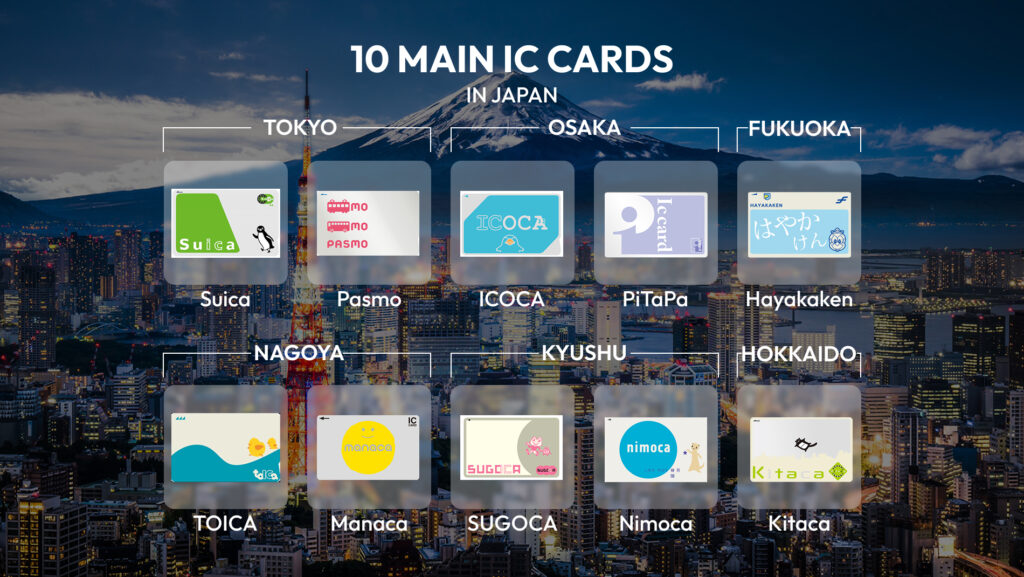
Luckily, Tokyo is one of the easiest cities to get around. The public transportation system is efficient, reliable, and extensive, connecting every neighborhood with trains, subways, and buses. While it may feel overwhelming at first, learning how to navigate it will make daily life much easier. Beyond trains, you’ll also find taxis, bike-sharing services, and even regional rail lines that can take you quickly outside the city for day trips.
Most residents rely on rechargeable IC cards like Suica or Pasmo, which can be used across trains, buses, and even in convenience stores. For regular commuters, Teikiken (commuter passes) are a cost-saving option, especially if you travel the same route daily. Buses fill in the gaps where trains don’t reach, and with clear signage and multilingual apps, navigating the metro becomes second nature after a little practice.
Read More
Opening a Bank Account in Japan as a Foreigner

One of the first practical tasks after arriving in Japan is opening a bank account, since you’ll need it for everything from receiving your salary to paying rent and utilities. The process may feel daunting at first, but many banks are foreigner-friendly and provide English support. Popular choices include SBI Shinsei Bank, Rakuten Bank, and Japan Post Bank, each offering different advantages depending on your needs.
SBI Shinsei is well known for its straightforward application process and online services in English, Rakuten offers strong integration with the company’s other digital services, and Japan Post Bank has an extensive network of branches and ATMs throughout the country. Once your account is set up, you’ll want to learn how to make furikomi (domestic bank transfers), which are commonly used to pay rent or transfer money to other accounts.
For international finances, many newcomers rely on multi-currency cards or remittance services that help avoid high fees when moving money in and out of Japan. It’s worth comparing these options early so you can manage your money efficiently. If you’re unsure which institution might be best for you, this guide to the best banks in Japan offers a detailed breakdown of the leading choices and what each one can offer foreign residents.
Read More
Japanese Culture and Lifestyle for Foreigners
Life in Tokyo isn’t just about practical adjustments, it’s also about understanding the cultural rhythms that shape daily life. From traditions and celebrations to social customs and modern trends, exploring Japan’s culture and lifestyle will help you feel more at home. Being mindful of etiquette and making the effort to learn the language can open doors both socially and professionally, making your time in Japan far more rewarding.
Dating in Japan: Apps, Culture, and Making Friends

Moving to a new country can feel isolating at first, but Tokyo offers plenty of opportunities to build both friendships and romantic connections. Social life often develops through work, language exchanges, hobby circles, or community events, where shared interests make it easier to meet people. For those looking to date, it helps to understand cultural nuances and expectations. This guide to dating in Japan explains the traditions, challenges, and opportunities that shape modern relationships.
At the same time, technology has become a common way to connect. Many residents, both local and foreign, use online platforms to meet new people. Apps are increasingly popular, and this overview of dating apps in Japan breaks down the most widely used services, along with tips on how to use them effectively. Whether your goal is friendship, casual dating, or a long-term relationship, combining social networks with digital tools will help you expand your connections in Tokyo.
Read More
Learning Japanese: Best Apps and Essential Phrases for Beginners

Even if you don’t become fluent, learning a few key phrases in Japanese goes a long way in building rapport and showing respect. Apps and online tools make this process easier, and resources like this list of the best apps for learning Japanese can help you get started quickly.
Equally important is understanding etiquette. From bowing in greetings to observing quietness on trains, social customs reflect Japan’s emphasis on respect and harmony. Small details matter, like knowing how to behave in elevators or when exchanging business cards. Even language carries layers of politeness, with nuances that can be challenging at first. For example, apologies are an essential part of communication, and this guide on how to say sorry in Japanese explains the different expressions and when to use them appropriately.
Mastering these cultural cues not only helps you avoid misunderstandings but also shows your willingness to adapt, which is highly valued in Japanese society.
Life in Japan can be very different. But different doesn’t mean bad. There are many things that you can do to make your life here easy and enjoyable. When in Rome, do as the Romans do; but when in Japan, ganbare!








